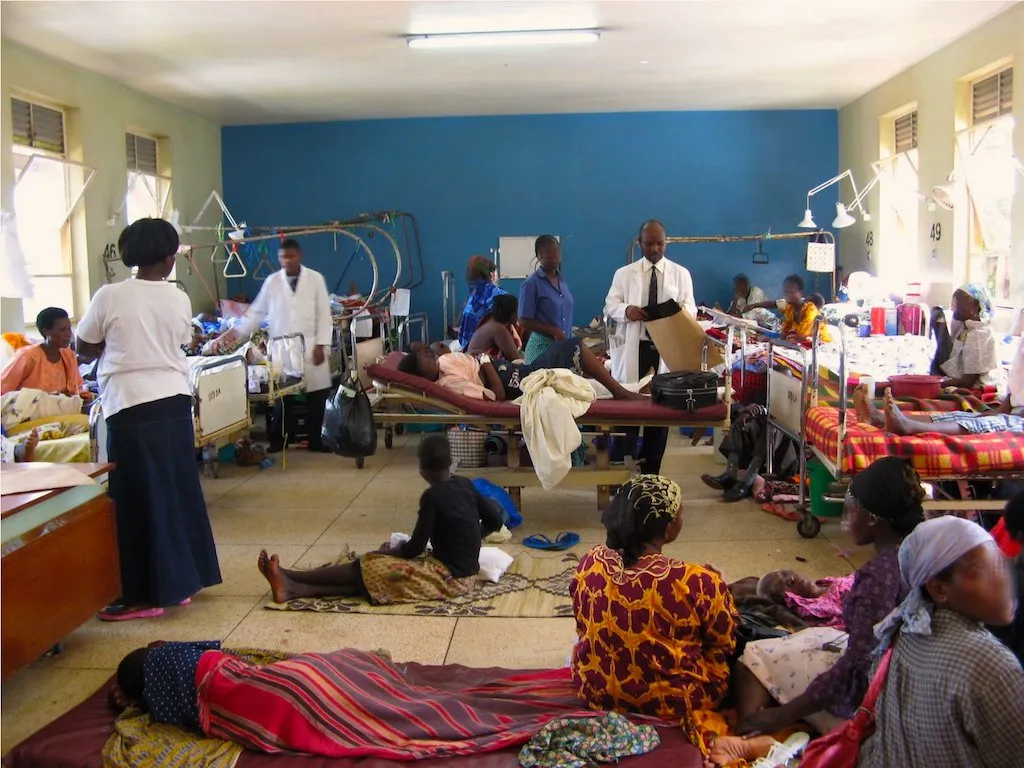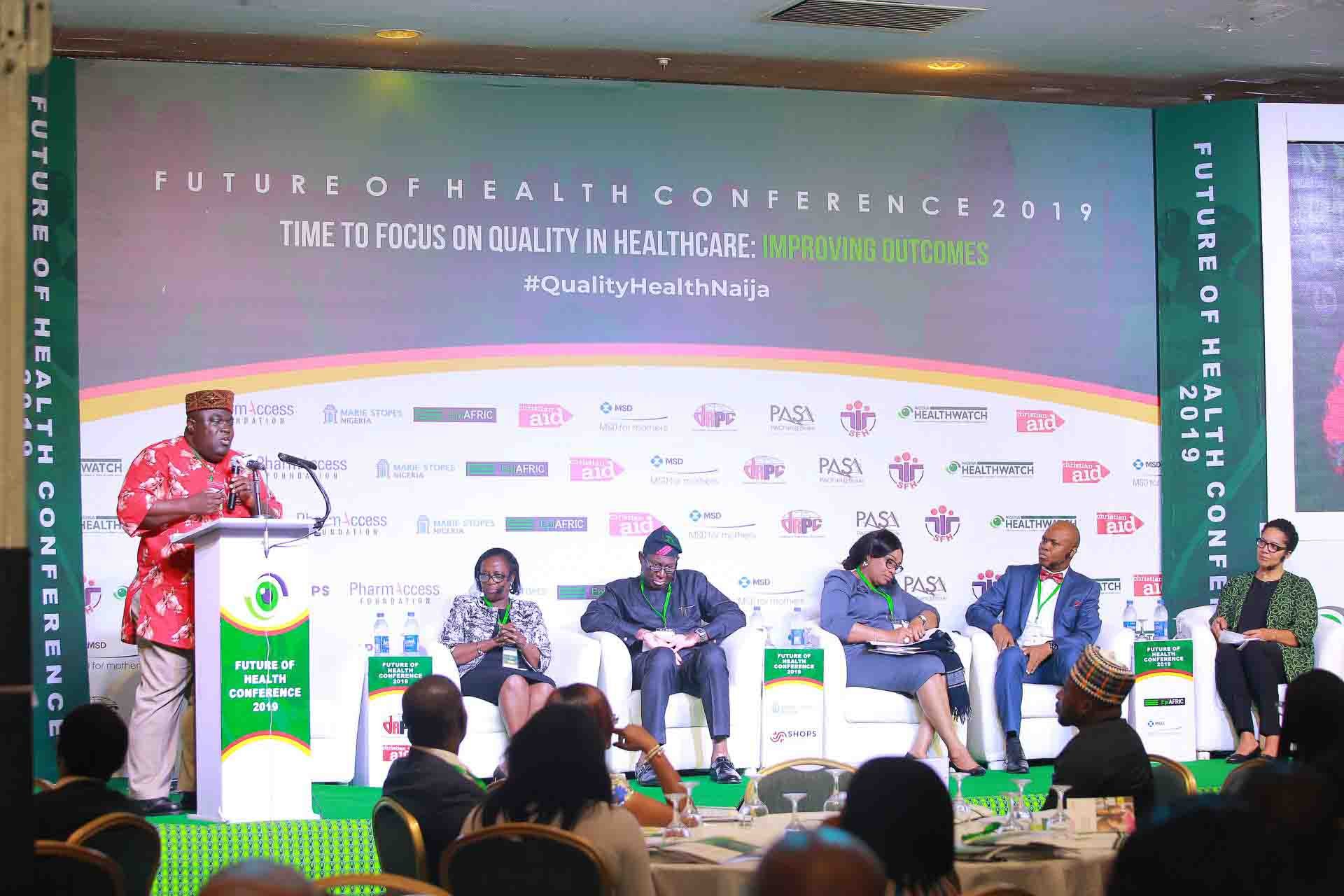The Nigerian healthcare system faces a multitude of challenges that impede its ability to provide quality care to all citizens:
- Inadequate Infrastructure: Many healthcare facilities lack essential equipment, supplies, and basic amenities like clean water and electricity. This compromises the quality of care and poses risks to patient safety.
- Workforce Shortages: Nigeria faces a severe shortage of healthcare professionals, particularly doctors, nurses, and specialists. The “brain drain” phenomenon, where skilled professionals migrate to other countries, exacerbates the workforce crisis.
- Access to Healthcare: Geographic and socio-economic barriers prevent many Nigerians from accessing healthcare services. Rural areas are particularly underserved, with limited facilities and long distances to travel for care.
- Healthcare Funding and Management: Inadequate budget allocation, poor financial management, and corruption plague the healthcare system. This leads to inefficient resource utilization, delayed payments, and a lack of accountability.
- Disease Burden: Nigeria grapples with a high burden of communicable diseases like malaria, tuberculosis, and HIV/AIDS, as well as non-communicable diseases like hypertension, diabetes, and cancer. Epidemics and pandemics, such as the recent COVID-19 outbreak, further strain the already fragile healthcare system.




